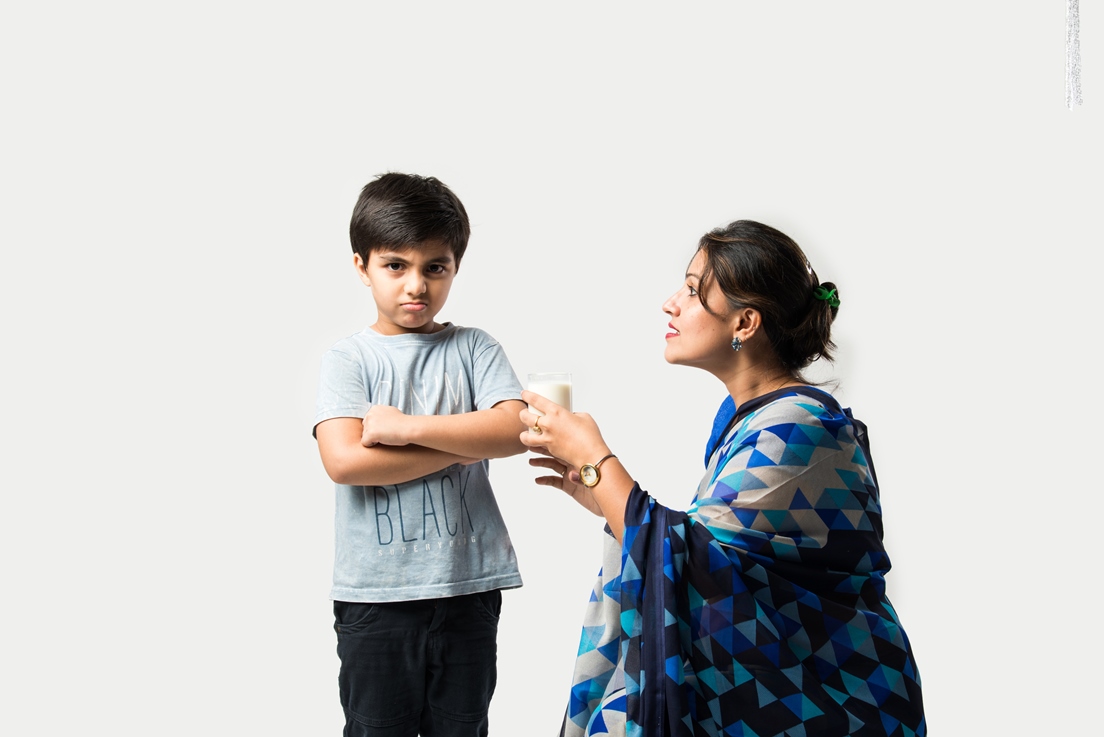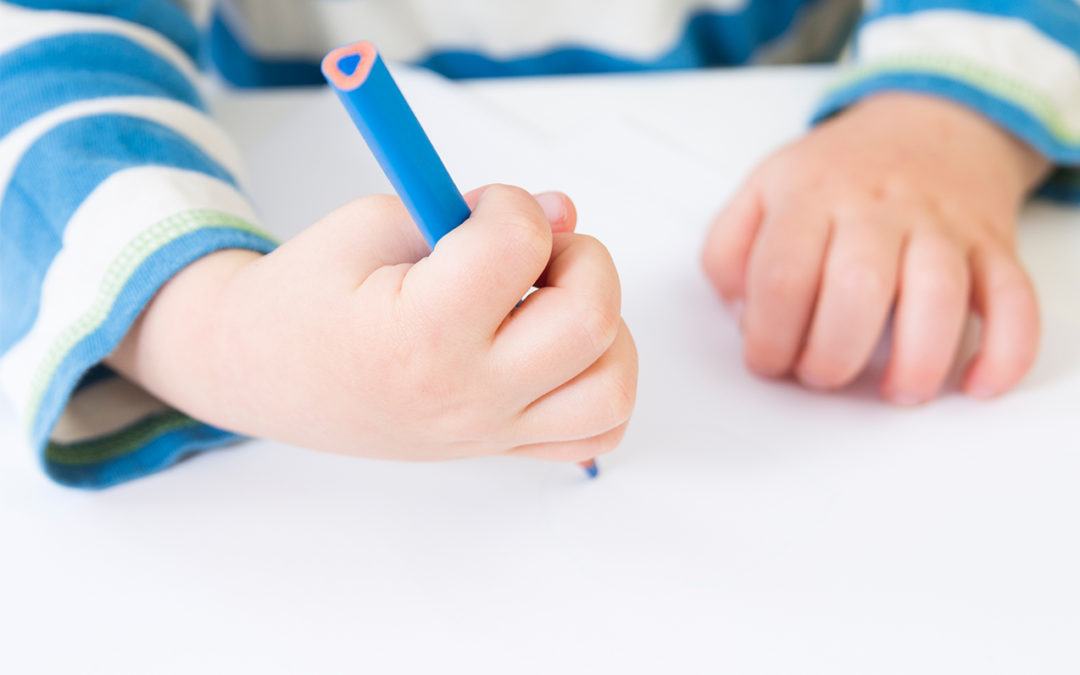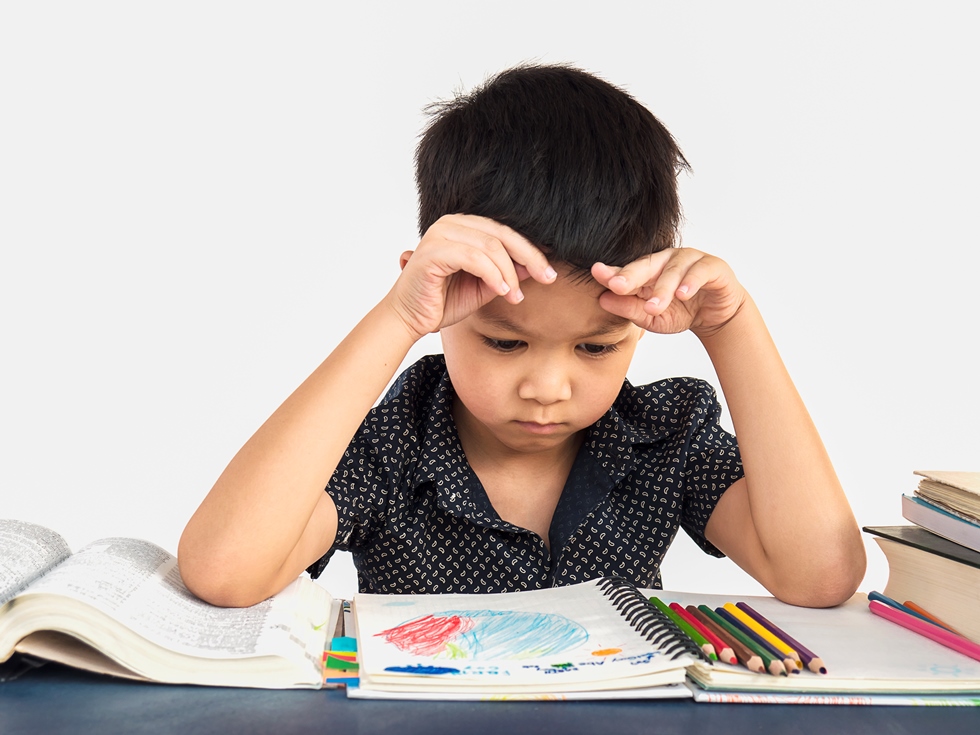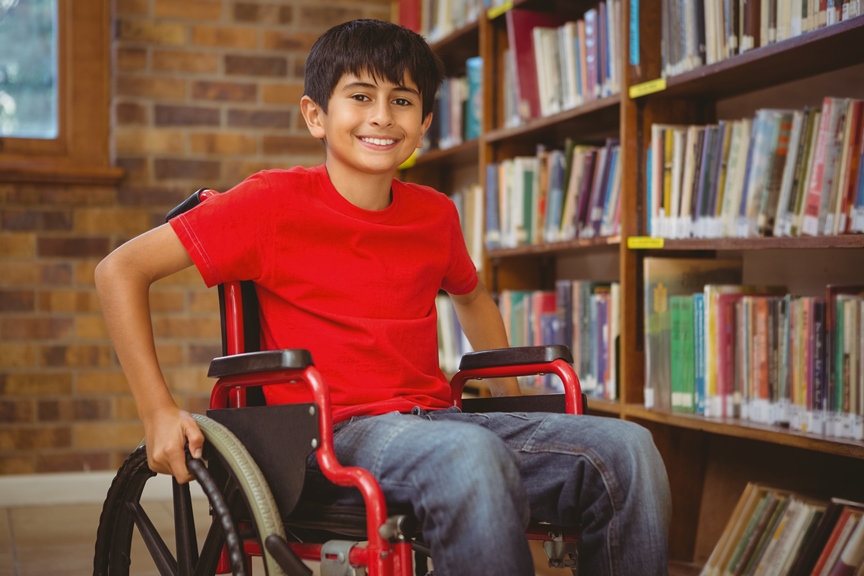Depression is an episodic, recurring disorder characterized by persistent and pervasive sadness or unhappiness, loss of enjoyment of everyday activities, irritability, and associated symptoms such as negative thinking, lack of energy, difficulty concentrating, and appetite and sleep disturbances. Just as depression is seen to disturb the adult population, in the same manner, childhood depression is a common cause of suffering for children. Quite often it is the cause of poor academic and social outcome. Depression in children puts them at risk of suicide and substance abuse. Some typical symptoms of depression can be irritability (temper tantrums, noncompliance), somatic complaints, crying, sad mood, apprehensiveness and withdrawal. A child who used to play often with friends may now spend most of the time alone and without interests. Things that were once fun now bring little joy to the depressed child. Children with depressive features often perform poorly in studies and have difficulty enjoying the company of friends. Early diagnosis and treatment are essential for depressed children.
Worried that your child might be having depression:
- Does your child often refuse to go to School?
- Does your child express feelings of sadness, guilt, emptiness and/or worthlessness?
- Is your child having difficulty in maintaining concentration and completing school work?
- Does your child complain of physical problems like stomach ache, headache or lack of energy?
- Does your child prefer to stay alone or is irritable most of the time?
Treatments, we provide that can help your child and you:











